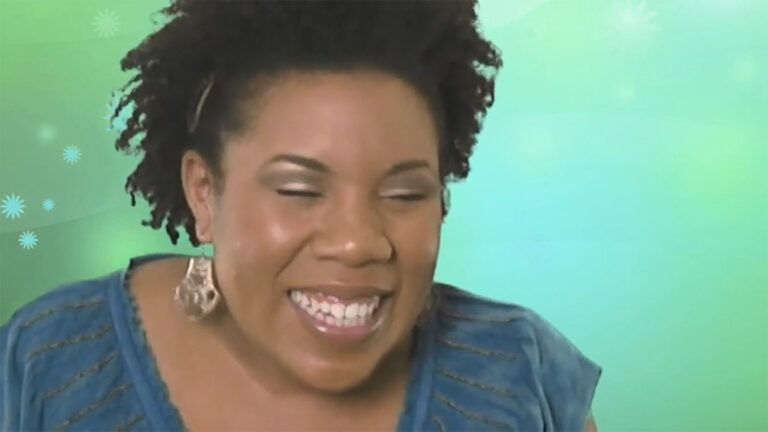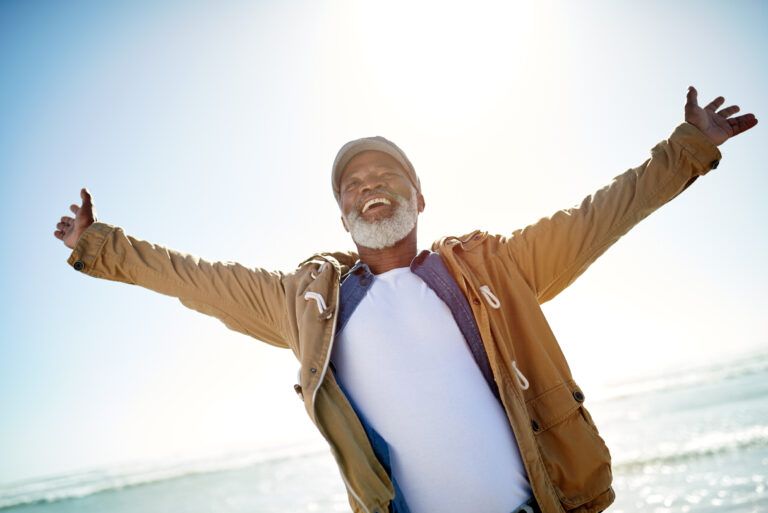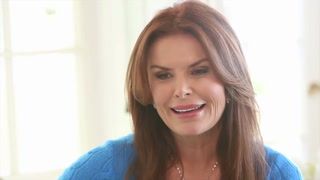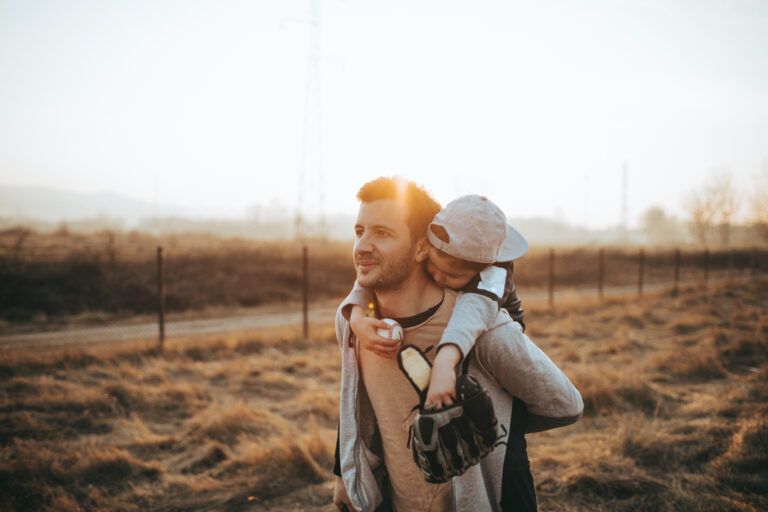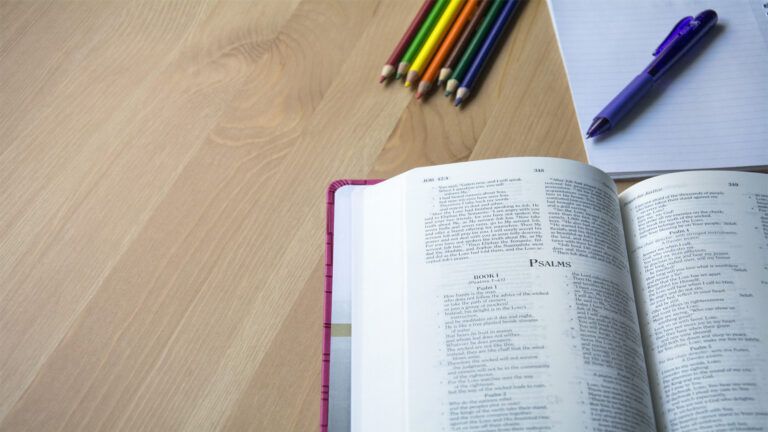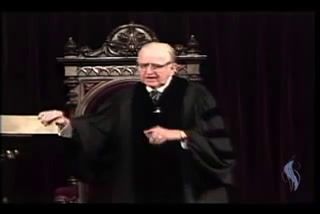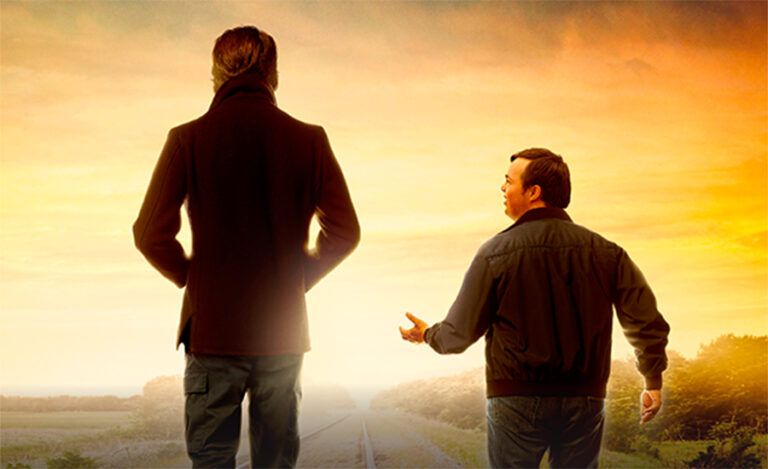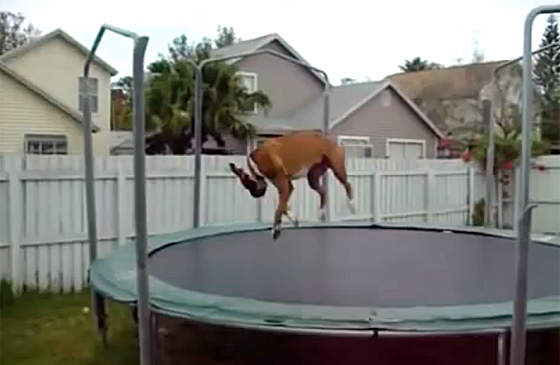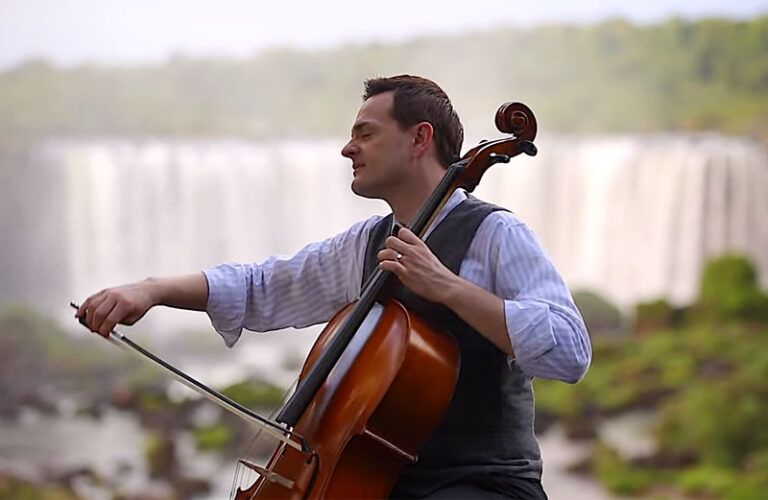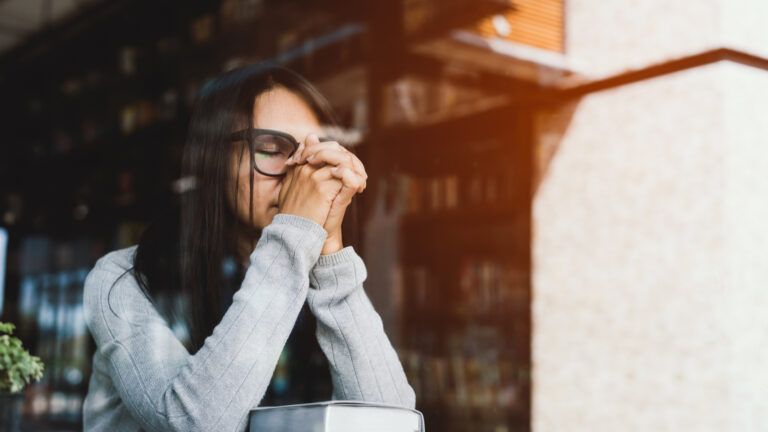
Jane Seymour: Was ‘Dr. Quinn’ Heaven Sent?
The actress shares an inspiring story about how angels may have helped her land the role of a lifetime.
View Transcript
My father, when he died, the day before, I had had a conversation with him. And he was a humanist. He didn’t believe in the afterlife, and he didn’t believe in God. And I said, “Well, you know, in case you’re wrong,” I jokingly said, you know, “just give me a little haunting.” And so we laughed about it. And he said, “OK,” you know, whatever.
And then, the next day, he died, and about four or five months later, I went through a terrible crisis in my life. I—my marriage ended suddenly. I lost all my money. I lost my homes. I lost everything. I was in just unbelievable turmoil, and I really didn’t know how to deal with it. It was just beyond my wildest imagination that suddenly the life I thought I had was one way, and suddenly, it was completely upside down.
And I called my agent, and I said, “Please call the networks and say that I will do anything, any job they have at all, because I have to work.” I didn’t have anything. I’m in the minus many, many millions, and I’ve got to keep my kids going and figure something out here.
Anyway, he called the different networks and said, “Jane’ll do anything.” And CBS said well, if she’ll do anything, we have this movie of the week, and we don’t think it’ll ever be a series, because, you know, it’s a woman in the lead. That doesn’t work. It’s a period piece. That doesn’t work. It’s about medicine. That doesn’t work. It’s got family values. That definitely doesn’t work. But, you know, if she does do it, and she has to decide in the next 12 hours, she can play the lead, but she has to sign for five years in case we ever do pick it up as a series—which, by the way, we won’t—”Dr. Quinn, Medicine Woman.”
So tell me that wasn’t a little haunting, because there was my father, who was a fellow of the Royal College of Obstetricians and Gynecologists, who I grew up with working in hospitals since I could walk and talk. I was always an auxiliary nurse. I had a microscope at seven. I was watching major surgery when I was 10. I was a member of the Red Cross and did home nursing and first aid. That was my life. And my father’s special bond with me was to take me to this Museum of the History of Medicine, the Wellcome Museum in London. Who knew this? Nobody knew this. Why would I suddenly be handed on a plate at that last moment this amazing role that spoke to me so specifically?
So every time I went on the set of “Dr. Quinn,” I would just kind of look up and just go, “Thanks. Thanks, dad,” because I know he helped hand that to me on a plate. And I had to believe that the success of that show, you know, was something that no one could believe that that would be successful, especially CBS. They did everything they could to try and destroy it, to not let it be a success, believe it or not.
And yet to this day, I don’t think there’s any other show out there that’s sold in 98 countries, where different cultures, you know, different faiths, different—different parts of the world, different languages—they all relate to and love Dr. Quinn. And it was just such a special, open-hearted message. I mean, I think, you know, here is a character whose heart was completely open, who dealt with adversity, who dealt with all kinds of circumstances and choices in life, and found it in herself to open her heart and learn and try and find a different way of approaching things.
And, you know, the fact that that message, which is a part of Americana, is what we are sending out all over the world, and people are relating to it, gives me a sense of hope. It gives me a sense of hope that everyone on this planet has an ability to really connect with one another. And I think that’s really what I’m speaking about with open hearts. That’s what Dr. Quinn was about. And that’s where I think, you know, the whole angel thing comes in, too.

